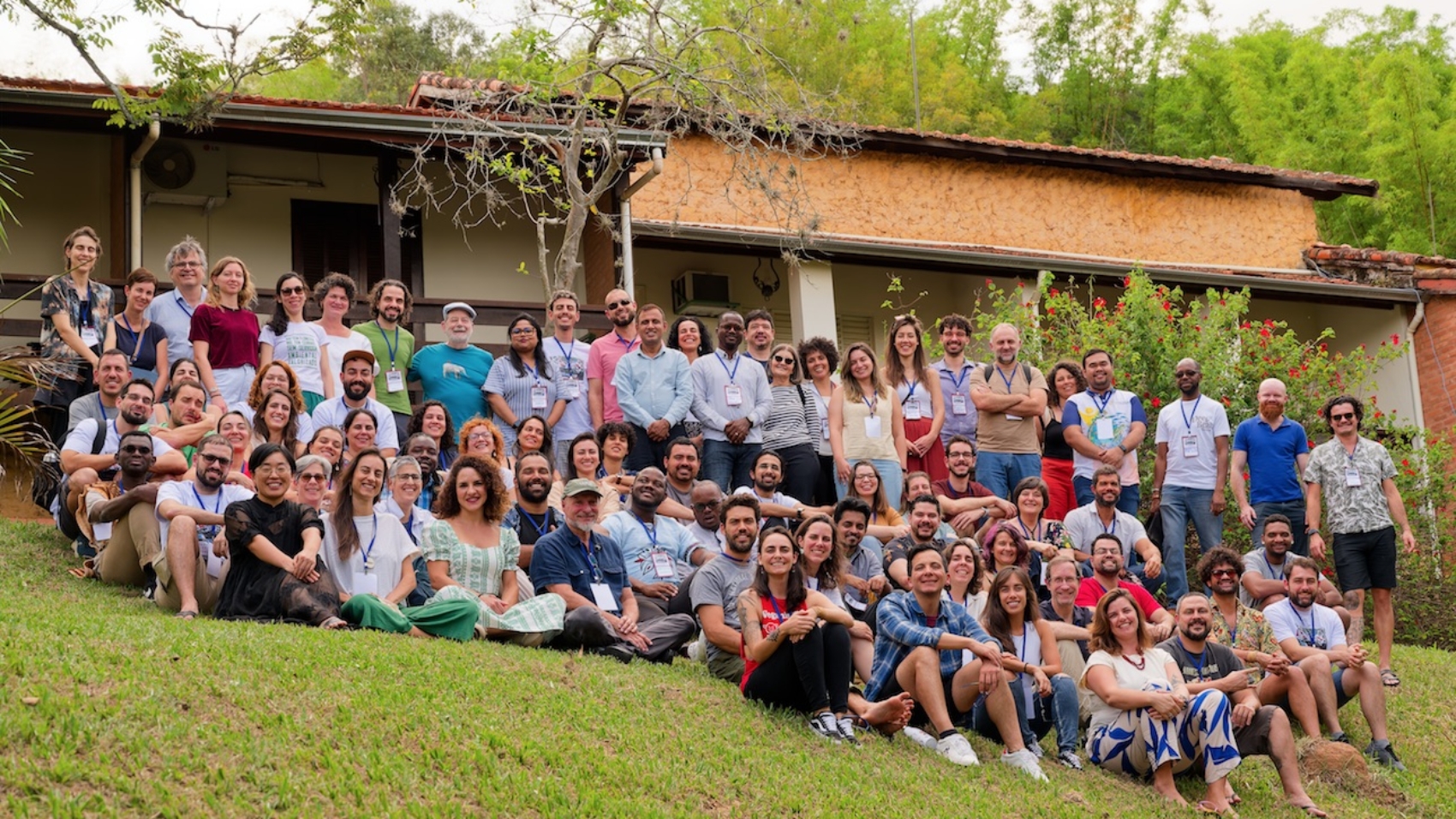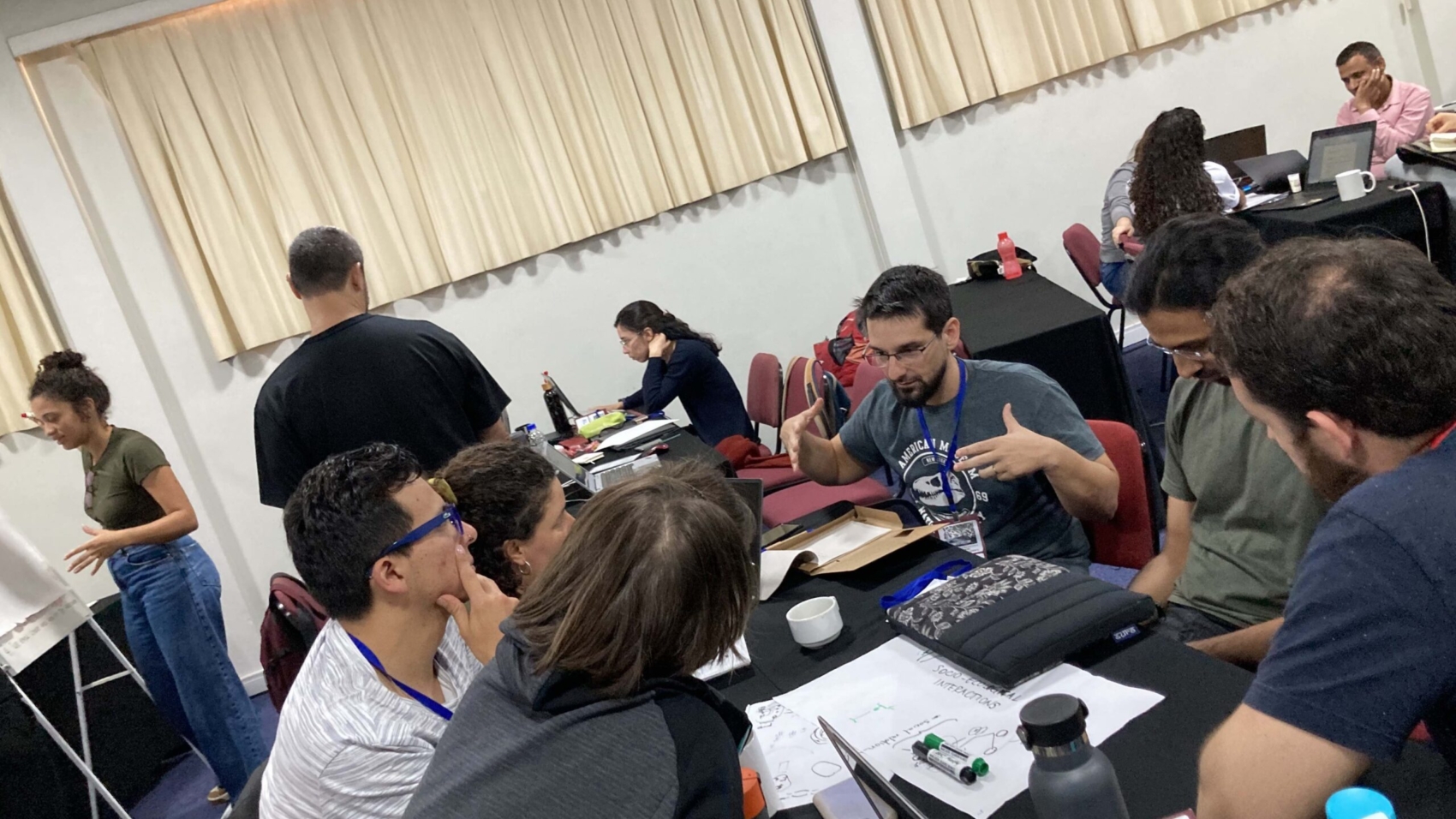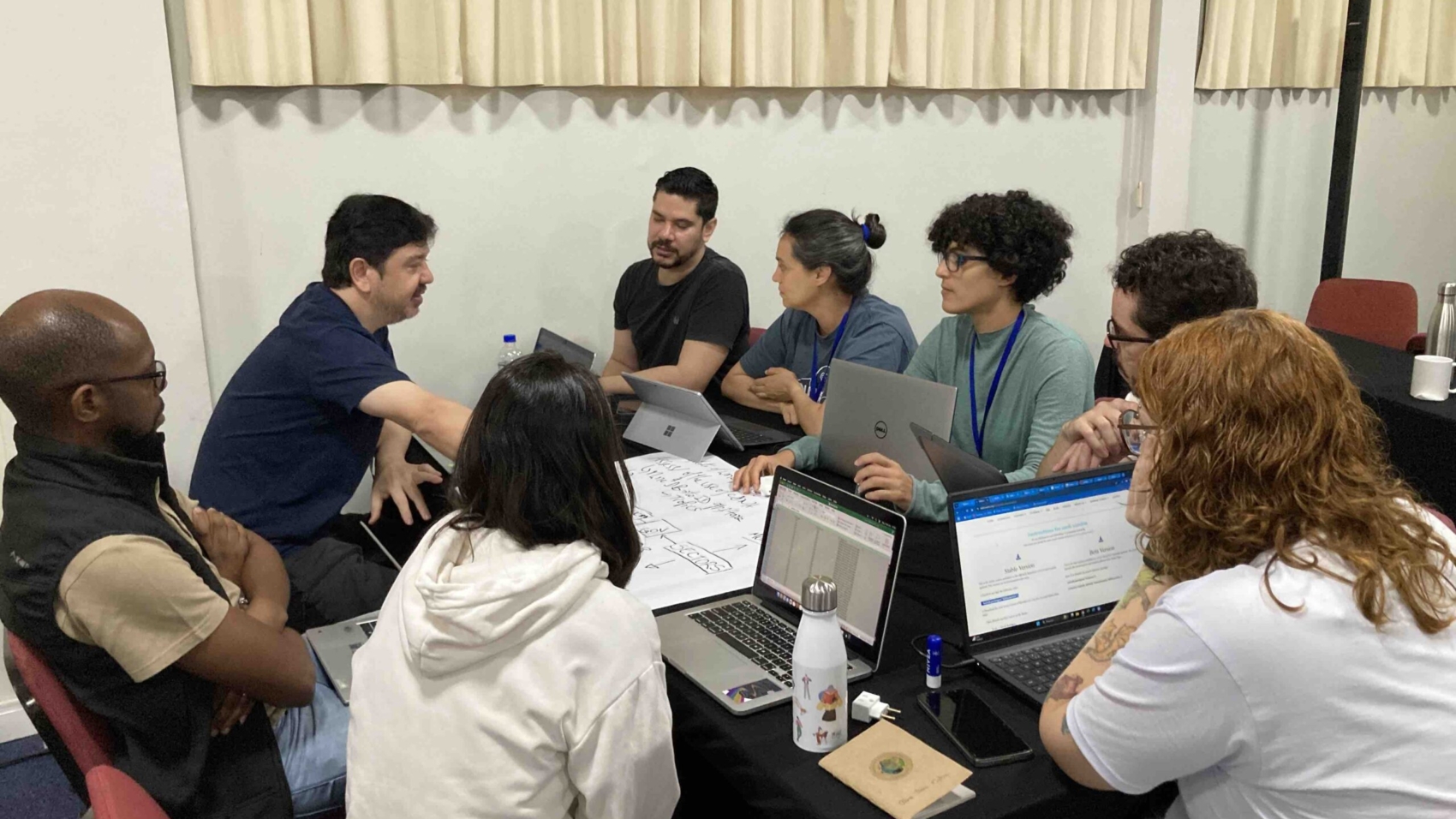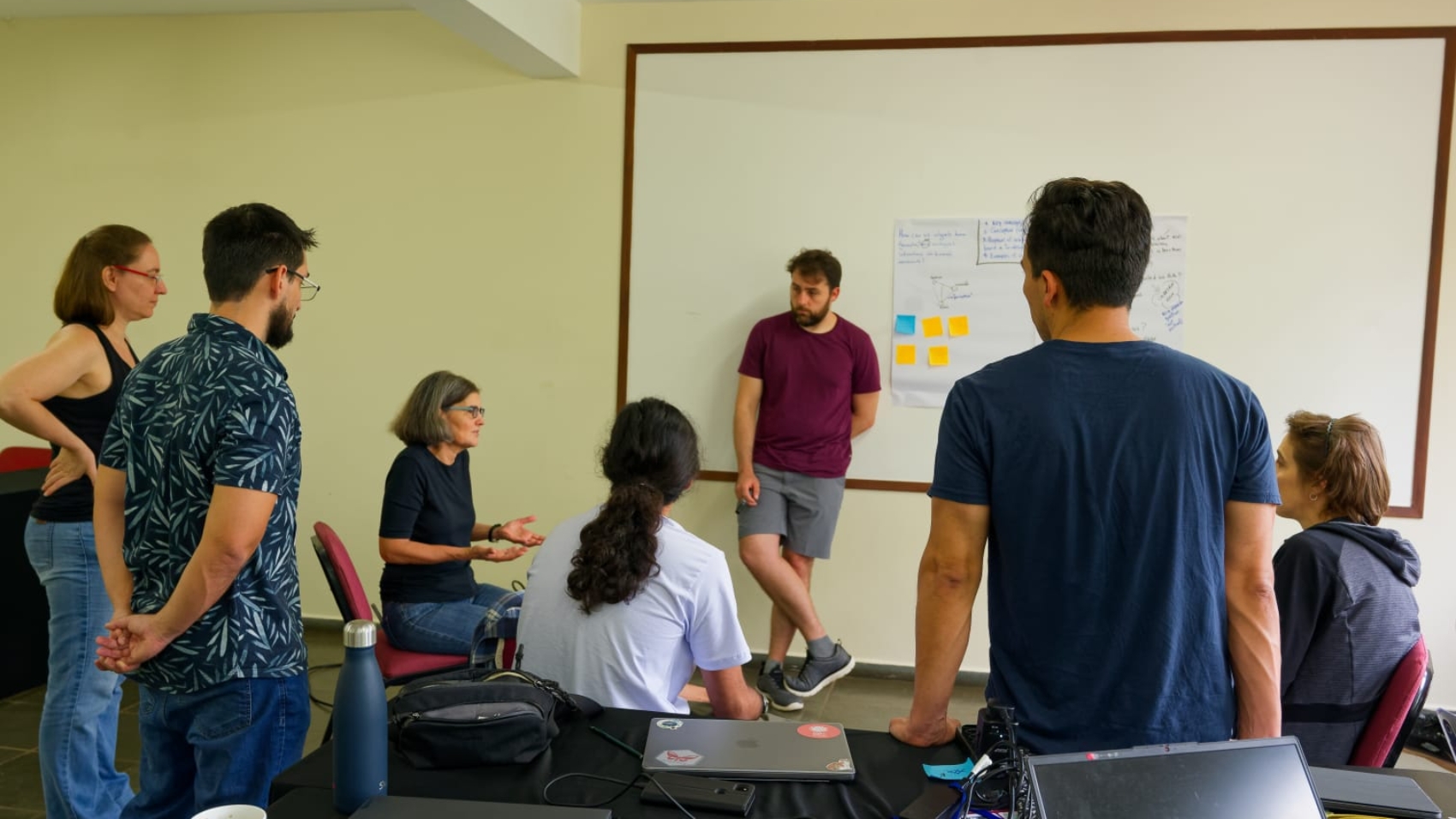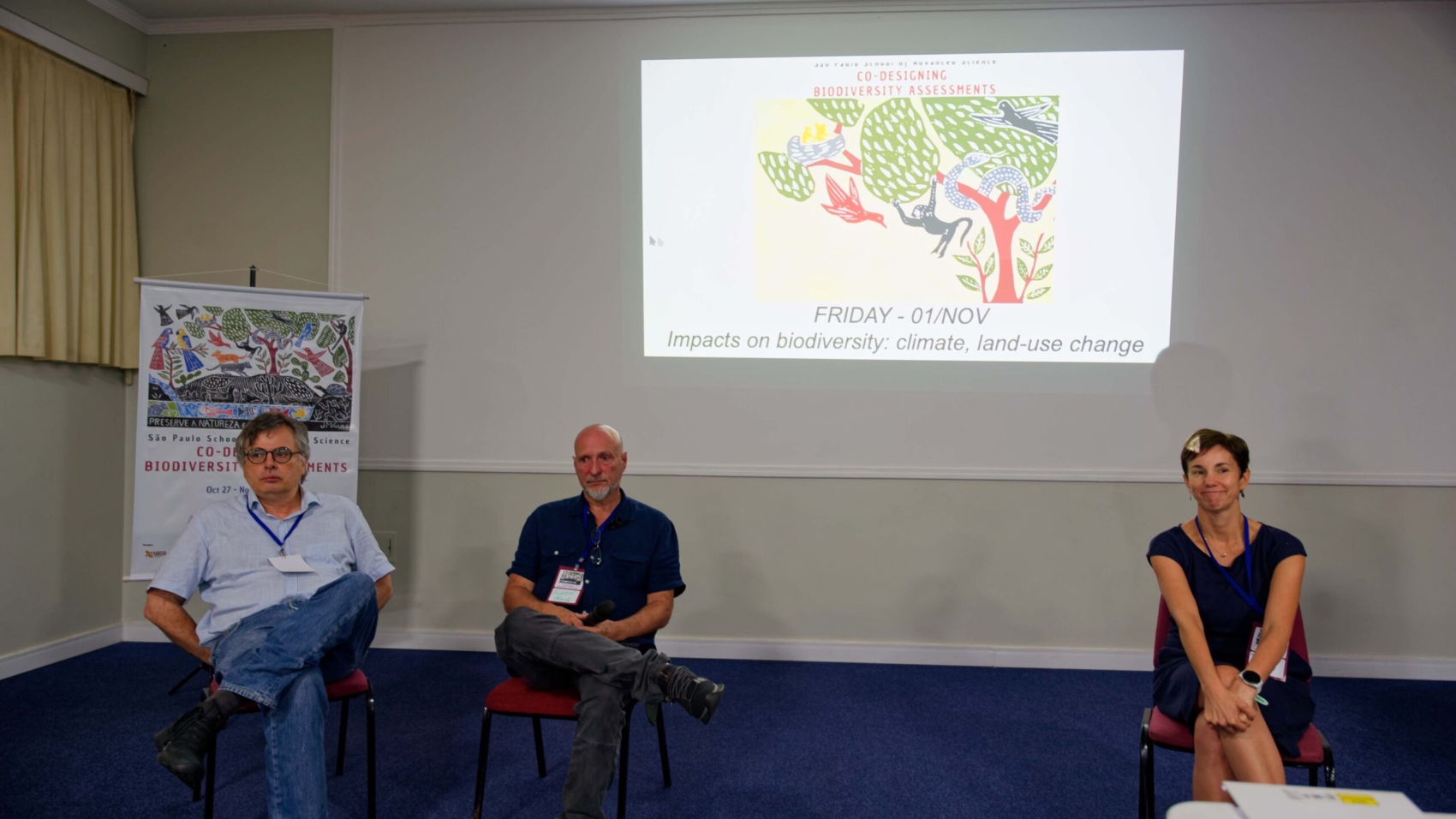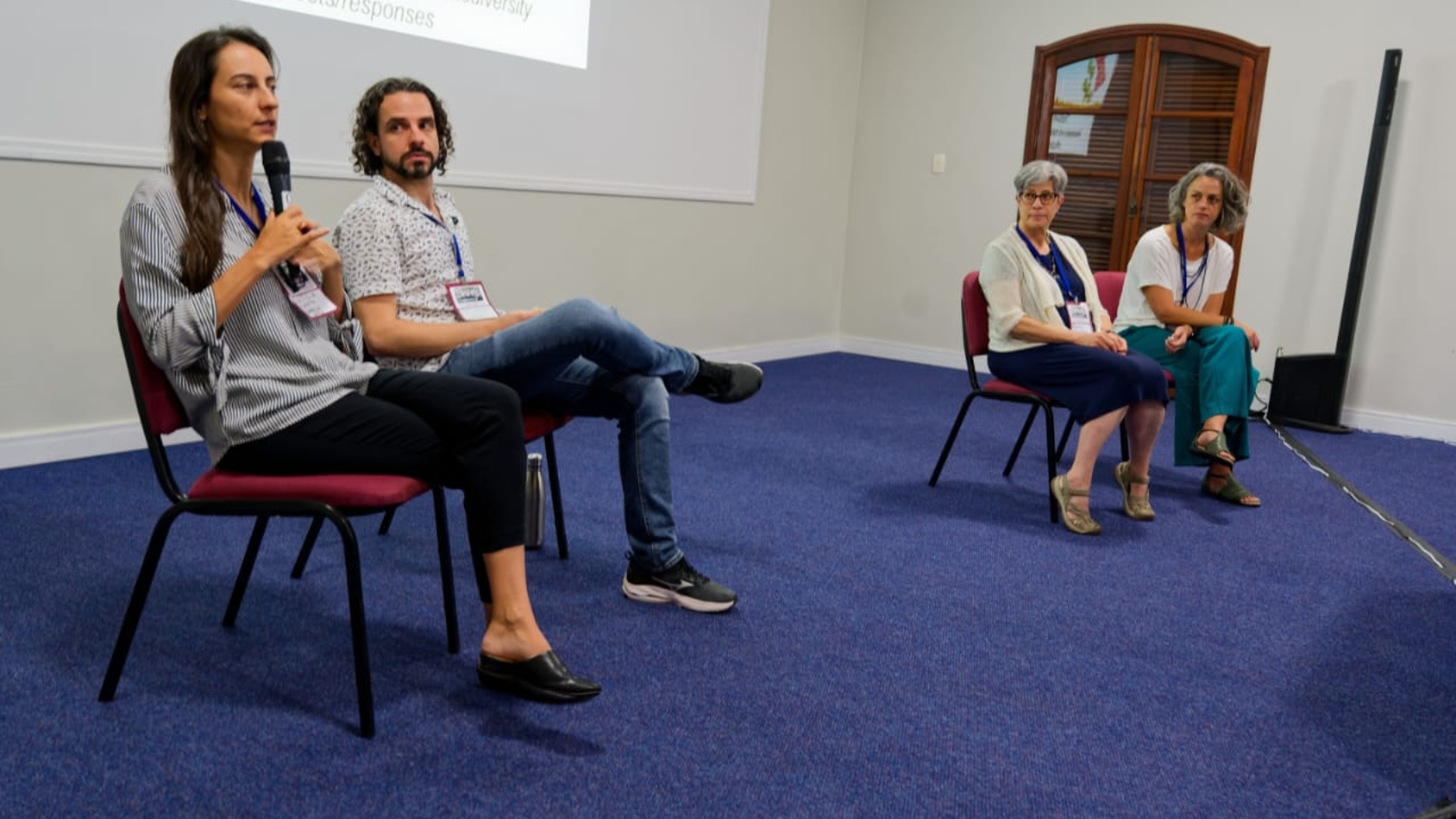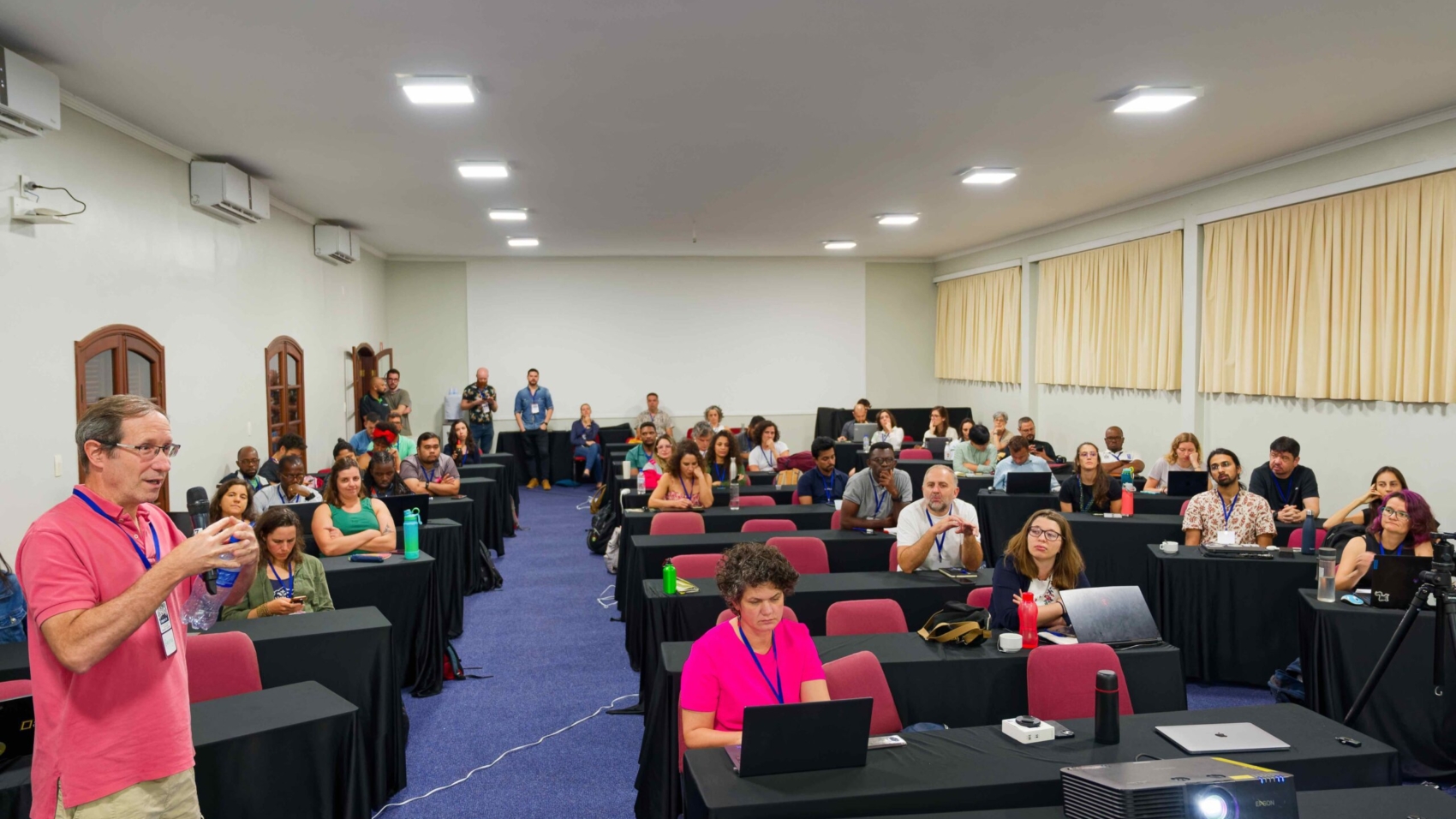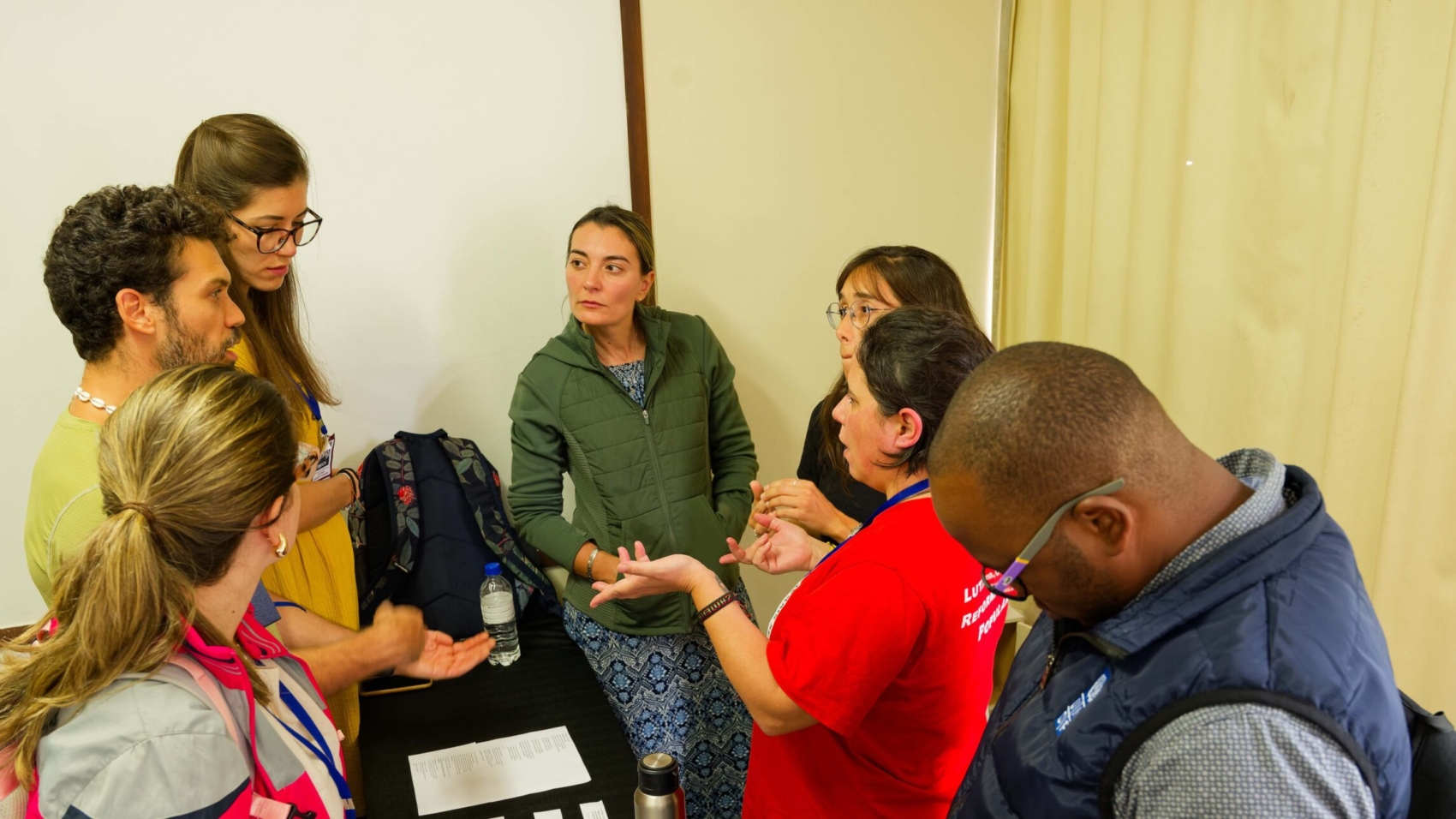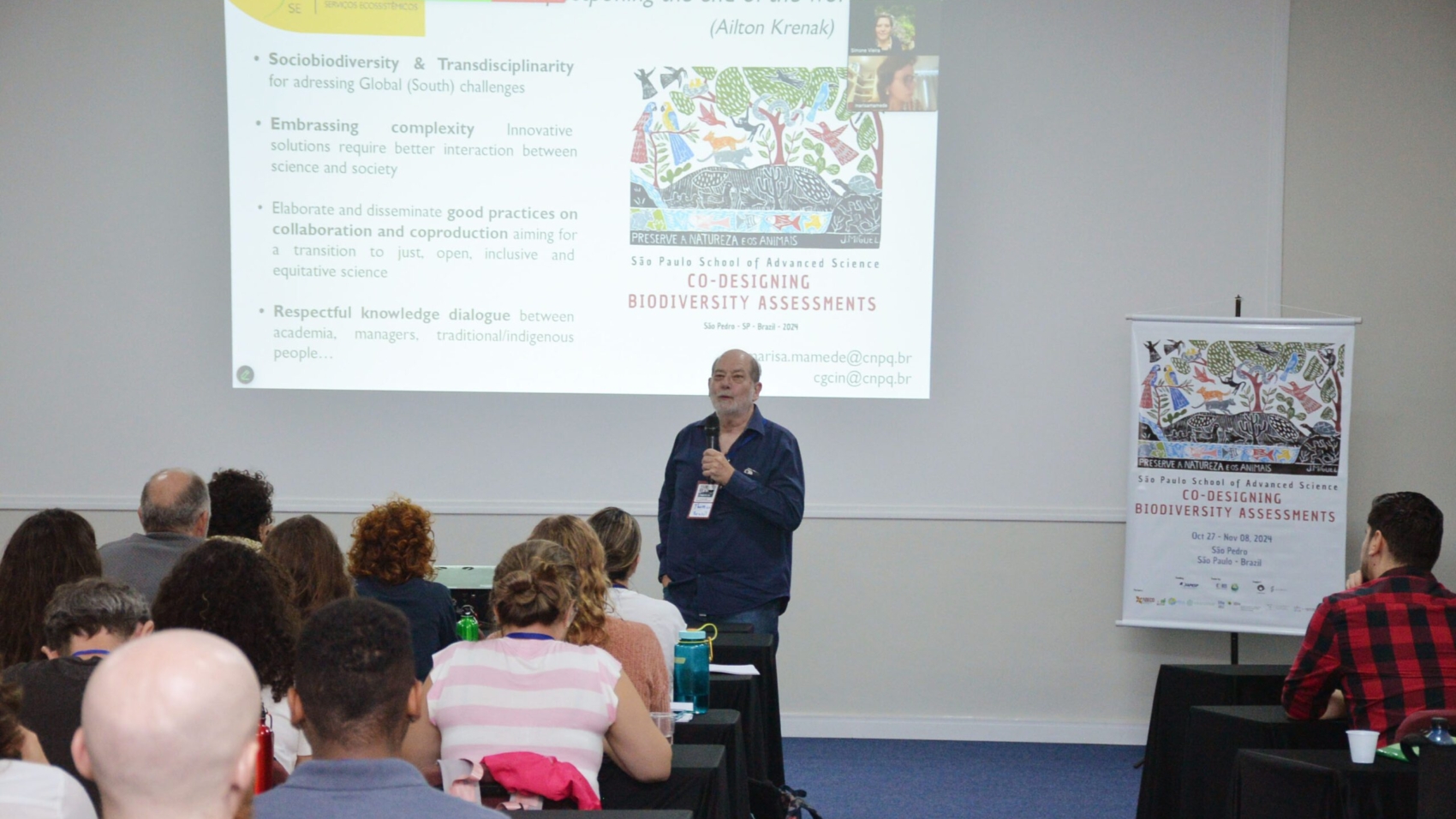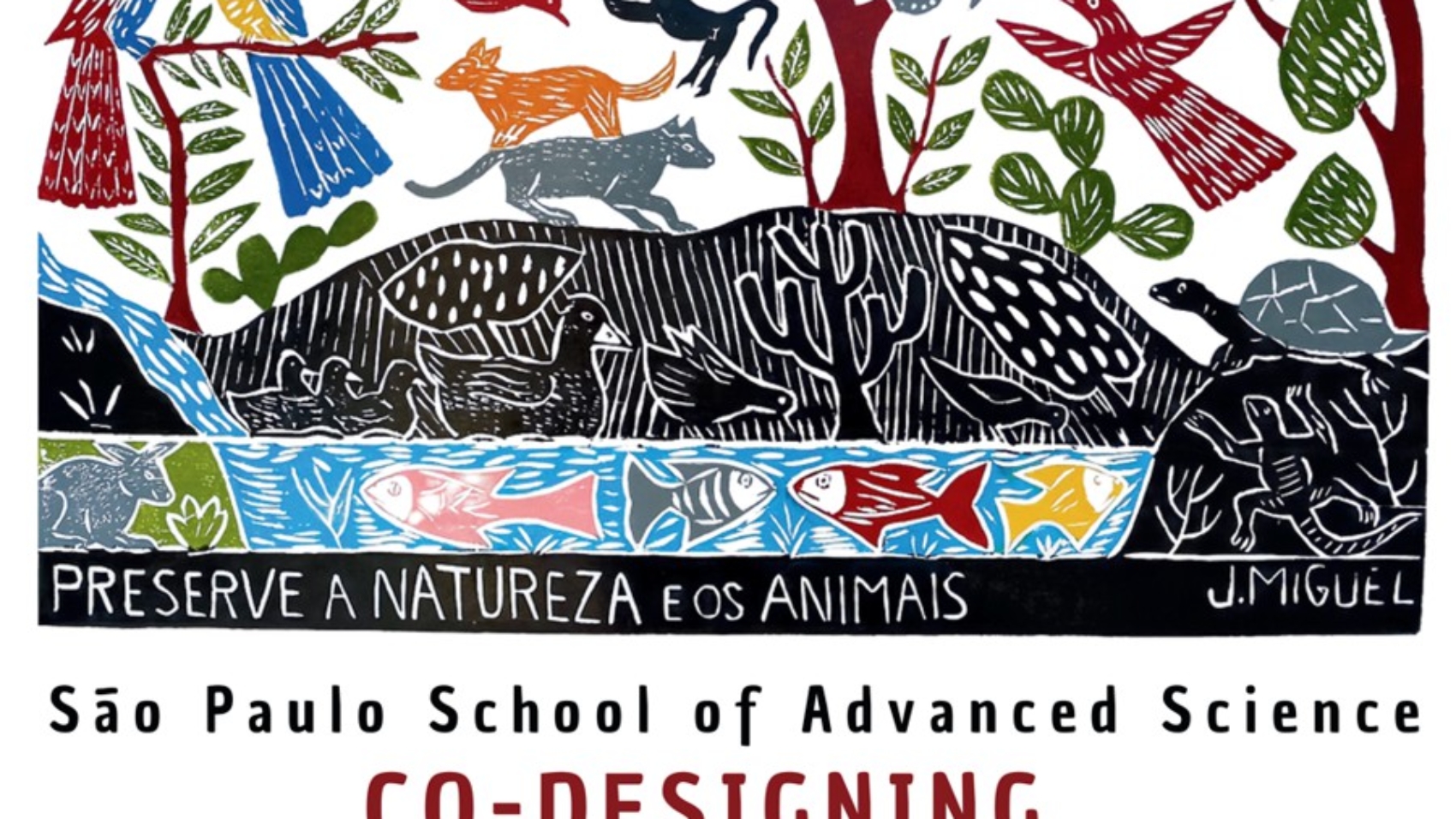Conservation strategies for biodiversity require the engagement of citizens, governments, local communities, and scientists, according to speakers at the São Paulo School of Advanced Science on Co-creating Biodiversity Assessments.
International event invites young researchers to bridge the gap between postgraduate studies and environmental decision-making
The São Paulo School of Advanced Science on “Co-designing Biodiversity Assessments” took place in early November and was organized by the Postgraduate Program in Ecology at Unicamp
Days 7 to 14 – Integrating Knowledge Production and Practical Use
Participants worked in groups during the second week of the São Paulo School of Advanced Science on Co-designing Biodiversity Assessments.
“Co-production is not just a method, it’s part of the discovery”: Maria Carmen Lemos on bridging science and policy
For the political scientist, Maria Carmen Lemos, co-production is not just a method—it’s a transformative process where science and policy evolve together, shaping more effective solutions for complex global challenges
DAY 5 – How science, public policies, and the private sector can leverage biodiversity conservation
Filling knowledge gaps, investing in scientific communication to support decision-making, and developing new financial tools are some of the pathways highlighted by experts to boost biodiversity preservation
DAY 4 – Ecological restoration is the key to reversing ecosystem degradation
Ecosystem restoration is a great opportunity for tropical forests, but for corals we need to advance the science of restoration before it’s too late
DAY 3 – What is the best way to measure ecosystem functions and services?
Understanding the complex relationship between ecosystem functions and services still requires improving models and combining approaches
DAY 2 – Evaluation of the effectiveness of biodiversity conservation strategies is a multi-faceted process
Integrating science, local knowledge, and advanced technologies is essential to protect biodiversity and address the impacts of human activities on the environment
DAY 1 – The SPSAS Biodiversity begins!
The São Paulo School of Advanced Science “Co-creating Biodiversity Assessments” has begun!
FAPESP School of Advanced Science on Biodiversity is now open for registration
The School will be held in São Paulo, Brazil, between October 27 and November 8. Sixty young environmental scientists and technicians from Brazil and abroad will be selected to participate
